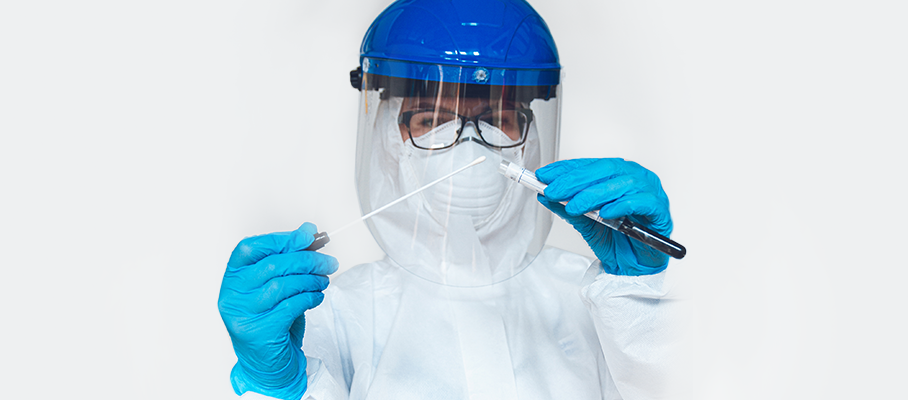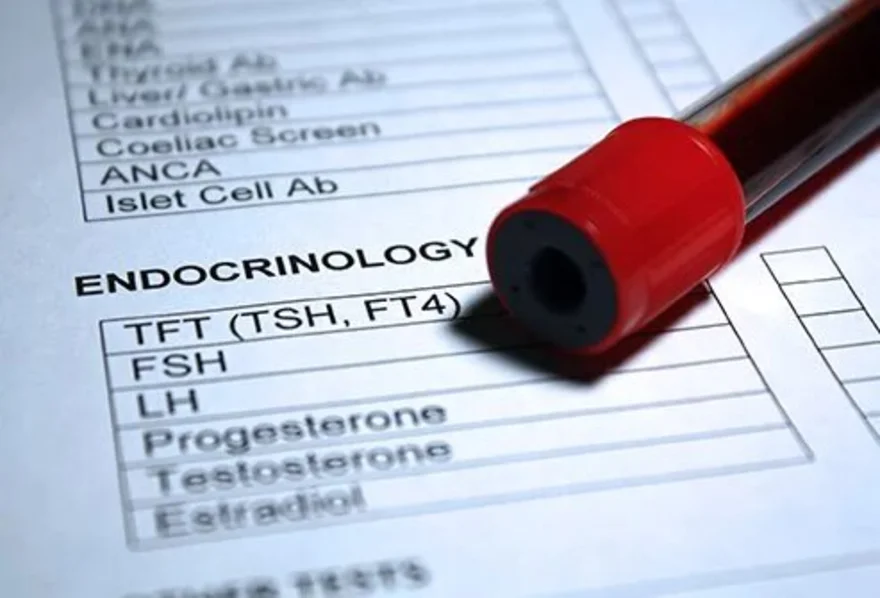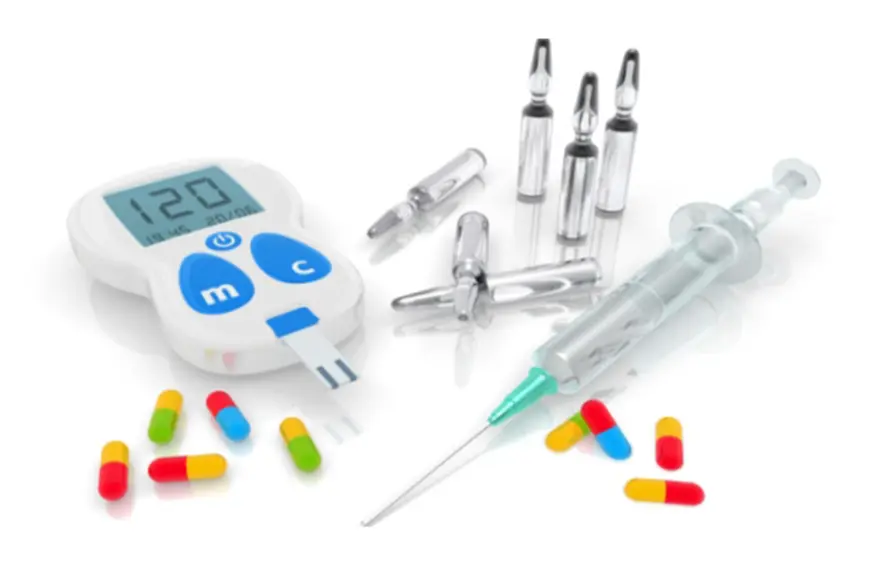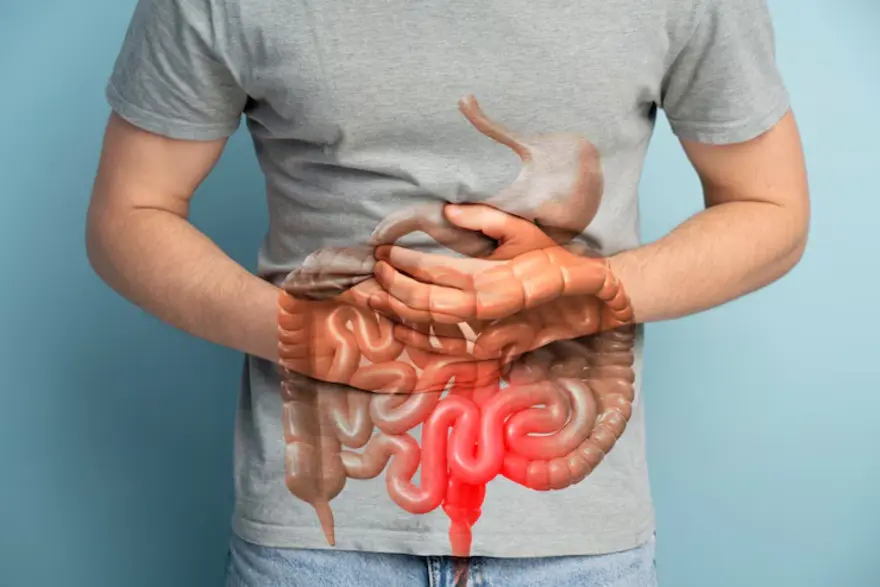Covid test Metropolis
Why you need more vitamin D in the Winter
The sunshine vitamin, vitamin D, requires exposure to ultraviolet-B (UVB) rays from the sun for its synthesis. During the sunny summer days, making enough vitamin D can be very efficient. However, as soon as the winter arrives, less sunlight is available and the risk of vitamin D deficiency increases. As per many researchers, your body needs vitamin D not only to maintain bone health but also to keep healthy and to fight infections. The irony is that in winter, when you need vitamin D the most, you end up getting deficient for this essential vitamin. You can fix a problem only when you know it exists. Especially during the winter months, experts recommend a blood test that assesses the amount of vitamin D in the body. It is particularly important for you to get tested for vitamin D if you are over age 70, have darker skin, have malabsorption problems or take medicines that interfere with vitamin D absorption (for example, glucocorticoids). If you have liver and kidney disease, you can be often deficient in vitamin D. These organs are required to make the active form of the vitamin, whether it comes from the sun or from food. For a good gut health during winter Enough has been known and written about vitamin D deficiency leading to bone diseases like rickets in children and osteoporosis in adults. However, research has shown that vitamin D plays an important role in maintaining a healthy digestive tract. One of the ways vitamin D functions is by keeping the gut microbes healthy. If you have sufficient vitamin D levels, you are more likely to have those healthy gut bacteria just right in number and diversity. This helps reduce inflammation throughout the body. On the other side, low vitamin D levels can be associated with inflammatory bowel disease in some people. Strong immunity needs vitamin D There has been a lot of buzz around the role of vitamin D in boosting immunity. This holds great significance in the times of COVID-19 pandemic. Some scientists have claimed that the immune system has vitamin D receptors that determine which cells can use vitamin D. Having enough of this sunshine vitamin might help improve your ability to fight infections and reduce inflammation. Less time spent outside In the winter, you are more likely to catch infections. Also, you are more likely to lie comfortably in your cozy blanket and spend less time outside. This leads to more and more of us getting vitamin deficiency in the winter. Vitamin D and Calcium, the best friends Vitamin D helps you absorb calcium from your diet. Along with vitamin D, calcium plays a significant role in keeping your bone and muscles health intact. Eat healthy to get enough vitamin D Apart from exposure to the sun, you can get enough vitamin D for your body through certain food items as well, including tuna, sardines, mushrooms and fortified dairy and orange juice. Adding vitamin D supplements can be a good way to reach the recommended vitamin D intake. Lack of sun exposure during the winter months would be less of a problem if diet provided adequate vitamin D. But there aren't many vitamin D–rich foods , and you need to eat a lot of them to cover up the recommended vitamin D intake of 10 μg/day (400 IU/day) for adults. The COVID-19 angle Some of the recent researchers have claimed that people who are deficient in vitamin D are more likely to get severe COVID-19 illness. Vitamin D deficient people might have a higher chance of getting hospitalized too. Whether vitamin D has any role in preventing coronavirus infection or not, it isn't clear yet and needs more data and robust evidence. Think you have symptoms suggestive of COVID-19? Book a COVID-19 test and get tested at home. Overdoing is prohibited, too While you aim to get enough vitamin D, keep in mind that too much vitamin D can be harmful. Want to know exactly how much vitamin D healthy adults should have? Or confused about when to get tested for vitamin D? Check out this article to stay in the know. Remember that the same UVB rays that help in vitamin D synthesis, can damage your skin as well. Under the right circumstances, 10 to 15 minutes of sun on the arms and legs a few times a week can generate nearly all the vitamin D we need. However, various factors affect this synthesis: the season, the time of day, where you live, cloud cover, and even pollution levels. In addition, your skin's production of vitamin D is influenced by age, skin color, and sunscreen use. Book a vitamin D test to be sure if your levels are enough to support a healthy you. This winter, get tested on time and don’t let your body suffer from lack of vitamin D by taking early steps. Also read "Why and when you should get tested for Vitamin D?"
Different Types of COVID-19 Tests and Their Significance
COVID-19 or Coronavirus disease is an infectious disease that causes severe respiratory illness. This new strain of coronavirus affects different people in different ways. Most infected people will develop mild to moderate symptoms and might not need hospitalization. Some of the most common symptoms are: Dry cough Fever Fatigue Headache Body ache Sore throat Loss of smell and taste Nausea Vomiting COVID-19 has caused serious illness in older people and those with underlying chronic health problems like diabetes, asthma, high blood pressure, heart disease, liver or kidney disease, obesity, cancer, etc Never let your health take a backseat. Get yourself regularly tested. COVID-19 Tests: Need of The Hour Testing for COVID-19 can identify you as a positive or negative case of coronavirus disease. It is very important as you can only get the right treatment or self-isolate if you know that you have contracted the coronavirus. Different Types of COVID-19 Tests Available India has stood relatively strong in her fight against COVID-19 with a strategy “Test, Track and Treat”. Different methods of testing have been launched to trace COVID-19 infection rapidly and efficiently. Watch this video to know more about Different types of COVID-19 test in this video: https://youtu.be/SBQklbZ9Rgo Some of the most commonly used tests used are: 1) Molecular (RT-PCR) Tests About the test- The Molecular test, commonly known as the RT-PCR test, is a method of testing that is used to directly detect the presence of the virus in the sample. The test detects the virus’s RNA, which is the genetic material of the virus. The first step in this test is to convert this RNA to DNA using an enzyme known as the reverse transcriptase. The PCR testing then detects this DNA. Hence the name RT-PCR. These are also known as the diagnostic test and nucleic acid amplification test (NAAT). How the sample is taken- A nasal or throat swab sample is taken. Time taken to get results- Results are given the same day or within 2-3 days. Are they accurate- These tests are the most accurate. They have a high sensitivity and specificity. What it shows- These tests help diagnose the active coronavirus infection. If the virus is present in the sample, the test is positive but a negative test doesn’t necessarily mean that you can not be infected, you might have taken the test in the early days. What it cannot show- It fails to show if you ever had COVID-19 in the past. Cost of RT-PCR test- Cost of the antibody test kit is somewhere between Rs 2000- Rs 3000. In case you feel you have symptoms of COVID-19, you can approach your doctor who can further advise you for a test. Not every laboratory in the country can conduct a COVID-19 test as the virus is highly contagious. Only NABL(National Accreditation Board for Testing and Calibration Laboratories) accredited laboratories approved by ICMR are equipped to handle the COVID-19 samples. Book your COVID-19 lab test confidently with us. What to Do After an RT-PCR test? If you test positive for the COVID-19 RT-PCR test: The healthcare provider will guide you to follow protective steps if you feel sick. If you test negative for COVID-19 RT-PCR test: It means you did not have COVID-19 at the time of testing or your sample might have been collected too early to detect an infection. If you develop symptoms after 3-4 days, you might need to take another lRT-PCR test to determine if you are infected. 2) COVID-19 Antigen Tests About the test- A COVID-19 antigen refers to any foreign matter or viral proteins in the body that triggers an immune response. This test helps identify the antigens related to the COVID-19 virus. Antigen test, also known as rapid antigen test, is a rapid diagnostic test that gives results faster than molecular tests. But there is a drawback, antigen tests have a higher chance of missing an active infection. How the sample is taken- Usually,anasal or throat swab sample is taken. Time taken to get results- Since it is a rapid test, results are delivered in 1 hour or less. Is another test needed- Rapid tests are usually highly accurate if you test positive however a negative result might need to be confirmed using a molecular test. What it shows- These tests help diagnose active coronavirus in the sample. What it cannot show- The Antigen test might miss an active coronavirus infection in comparison to RT-PCR tests. Cost of COVID-19 Antigen test- Cost of the COVID-19 antigen test kit is somewhere between Rs 400- Rs 500 3) COVID-19 Antibody Tests About the test- COVID-19 Antibody tests, also known as, Serology test, serological test, or Serology blood test, are screening tests for COVID-19 antibodies in your blood. It tells if you were previously infected with the virus that causes COVID-19. The antibody test does not look for the active virus but checks whether your immune system has responded to the infection. How the sample is taken- It is tested by drawing your blood sample. Time taken to get results- Results are delivered either the same day or in 1-3 days. Is another test needed- Sometimes a second COVID-19 antibody test might be needed for more accurate results. What it shows- This test helps to find out if you were infected with the virus causing COVID-19 in the past and now have antibodies against it. What it cannot show- A COVID-19 antibody test may not show if you have an active virus in your body causing COVID-19 infection. Cost of Antibody test- The cost of COVID-19 antibody test kit is somewhere between Rs 500-Rs 600. When to seek medical help for COVID-19? In case you have minor symptoms like mild cough and fever, consult a doctor online and provide details thoroughly and follow home quarantine. There is no obvious need to visit a doctor in person. Self-isolate and monitor your symptoms for the next 14 days. Do not ignore if your fever increases or if you get any serious symptoms such as breathlessness, mental confusion, or blue lips. These signs may warrant to seek medical help immediately. Bottom line The best way to get a COVID-19 test is to contact your nearest healthcare provider who can guide you best on testing. Meanwhile, follow social distancing, wash your hands regularly, and avoid touching your face.
 Home Visit
Home Visit Upload
Upload
















 WhatsApp
WhatsApp